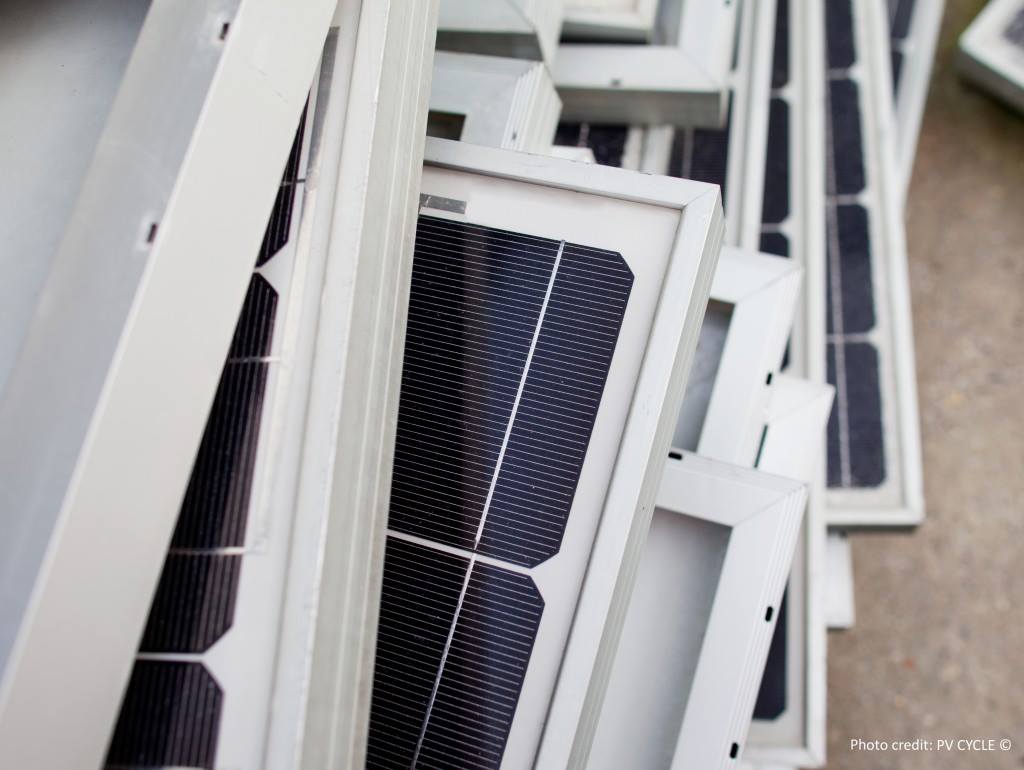The Australian Capital Territory (ACT) government has decided to investigate new recycling options and a product stewardship scheme for solar PV modules, inverters and batteries, after a motion was passed in the nation's legislative assembly earlier this week.
The motion calls for the ACT government to explore new recycling options for a range of electrical appliances, including solar PV modules, inverters and large batteries. The government will also be expected to produce a report outlining options and a timeline by February 2022.
Figures provided by the federal government show that 2,700 tons of solar PV waste was generated in Australia in 2018 as the earliest modules reached their end of life. By 2050, it is expected that figure will climb to 1,532,000 tons of PV waste per year.
The ACT government’s announcement came just hours after federal environment minister Sussan Ley told the solar industry that it needs to design and present a finalized industry-led product stewardship scheme by June 2022. She said waste from solar systems looms as an environmental disaster, and has said that the nationwide scheme must be operational by June 2023.
The program will also include an approach to deal with legacy panels. Ley said previous submissions from sections of the industry to set up a scheme have lacked a cohesive, coordinated and sustainable approach that looked beyond initial support from the government.
“Solar panels have languished on the government’s priority list for six years now. It is time for the industry to step up and address the issue of waste either stockpiling or ending up in landfill, and today I have given them a deadline of mid-2022 to do that,” she said.
Popular content
Ley’s announcement triggered a swift response from the Clean Energy Council (CEC), which said it is “frustrated” with the federal government’s approach to solar module waste.
CEC Chief Executive Kane Thornton said that the peak body has worked to develop a plan to address this issue over the past year. But the federal government has walked away from coordinating a national approach to solar PV waste, he claimed. Another proposal put forward by the CEC to establish an industry-led and self-funded product stewardship program was also rejected, he added.
“Industry is prepared to lead and coordinate this initiative, but it also requires coordination and leadership from government given the significant regulatory interactions between the three tiers of government on environment and waste policy,” Thornton said. “We would welcome a joint approach from the federal government and we remain ready, willing and able to work in partnership with them on this significant issue.”
Industry has already made moves to address the issue, as the number of decommissioned modules mounts up. Victoria-based Lotus Energy, for example, has commenced recycling operations at its facility in Melbourne. And Sydney-based PV Industries has also started recycling solar modules and processing material.
In addition, the New South Wales government has made moves to address the challenge, allocating AUD 10 million ($7.6 million) for a two-stage grant funding scheme designed to keep end-of-life solar systems out of landfill.
This content is protected by copyright and may not be reused. If you want to cooperate with us and would like to reuse some of our content, please contact: editors@pv-magazine.com.



1 comment
By submitting this form you agree to pv magazine using your data for the purposes of publishing your comment.
Your personal data will only be disclosed or otherwise transmitted to third parties for the purposes of spam filtering or if this is necessary for technical maintenance of the website. Any other transfer to third parties will not take place unless this is justified on the basis of applicable data protection regulations or if pv magazine is legally obliged to do so.
You may revoke this consent at any time with effect for the future, in which case your personal data will be deleted immediately. Otherwise, your data will be deleted if pv magazine has processed your request or the purpose of data storage is fulfilled.
Further information on data privacy can be found in our Data Protection Policy.